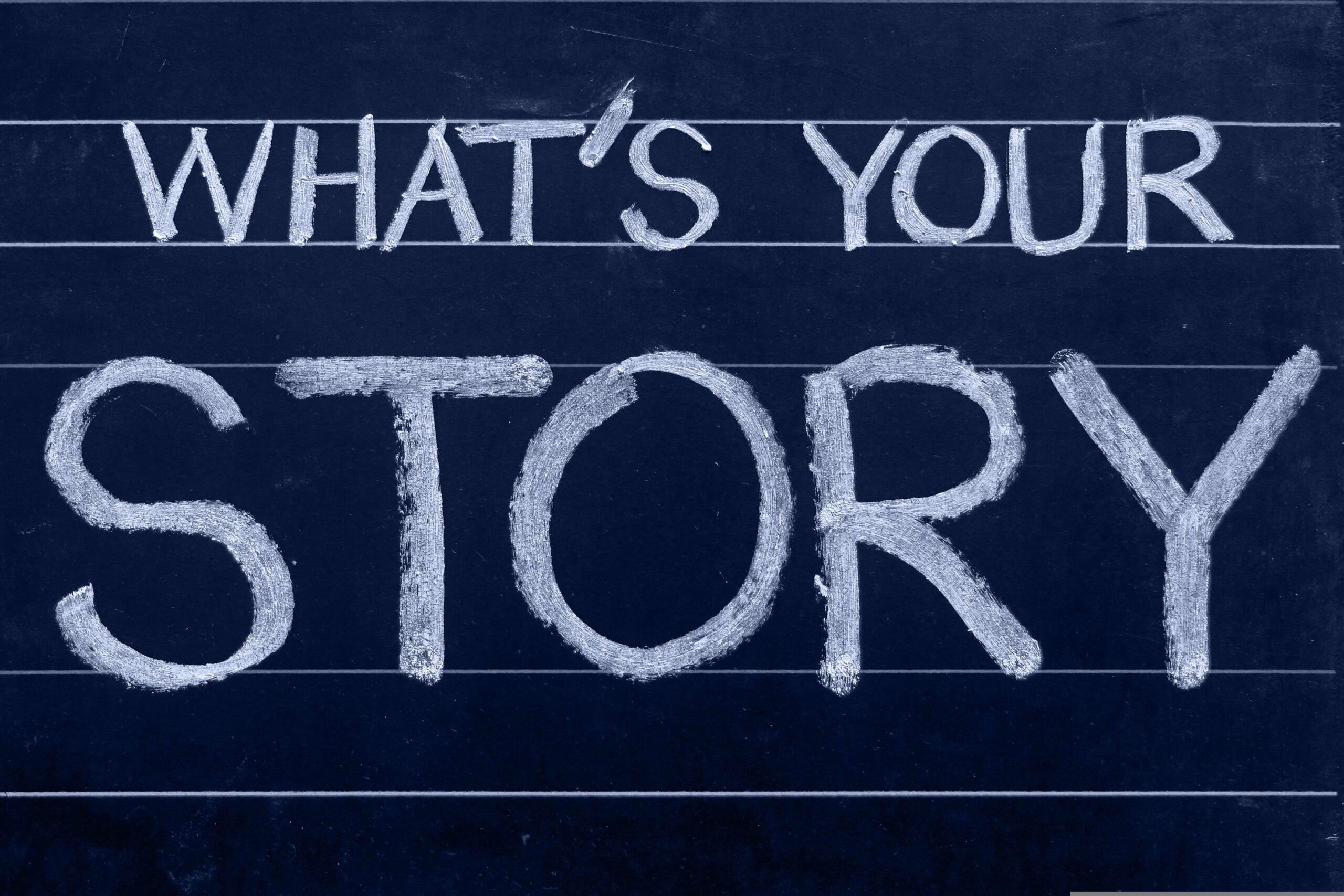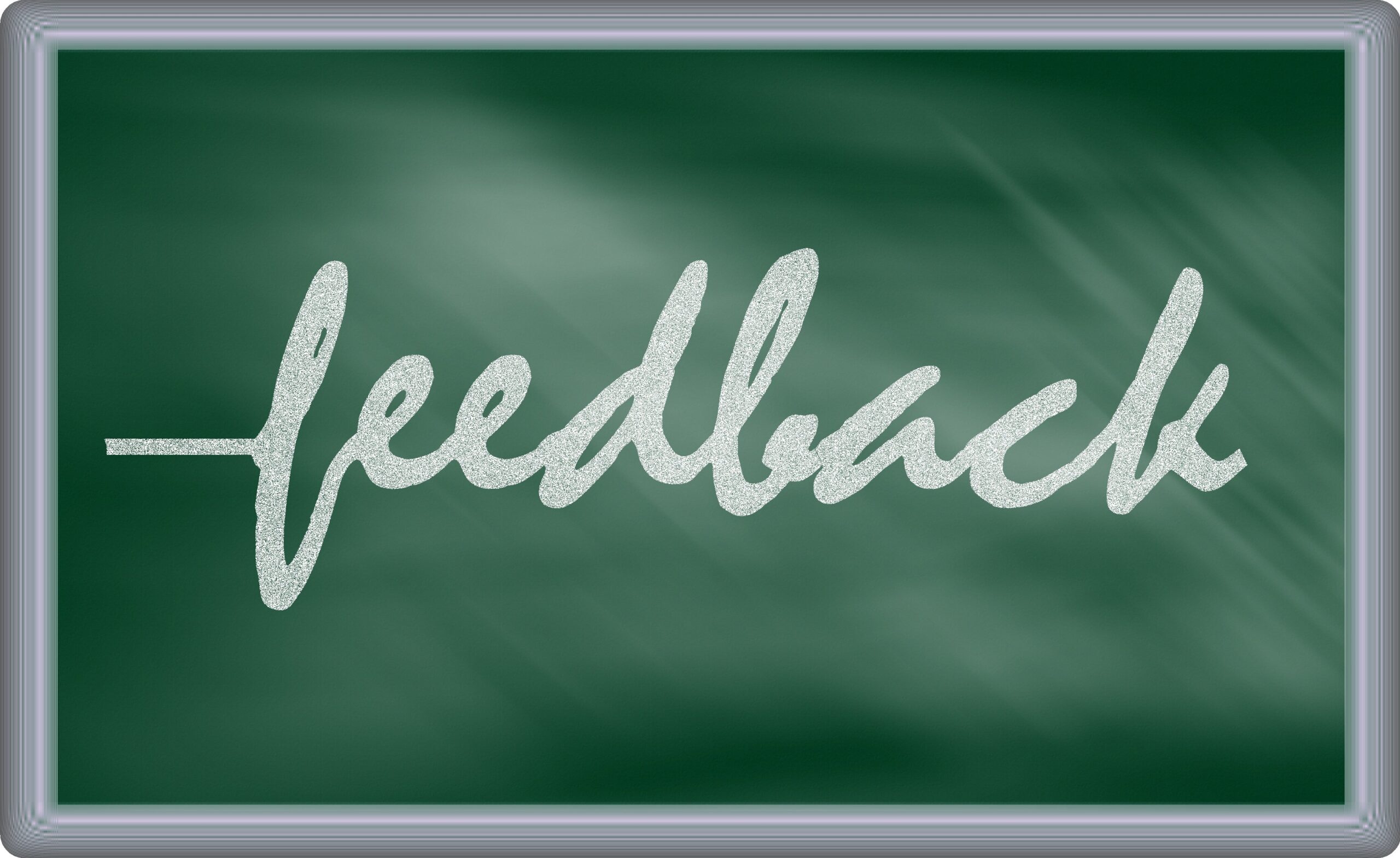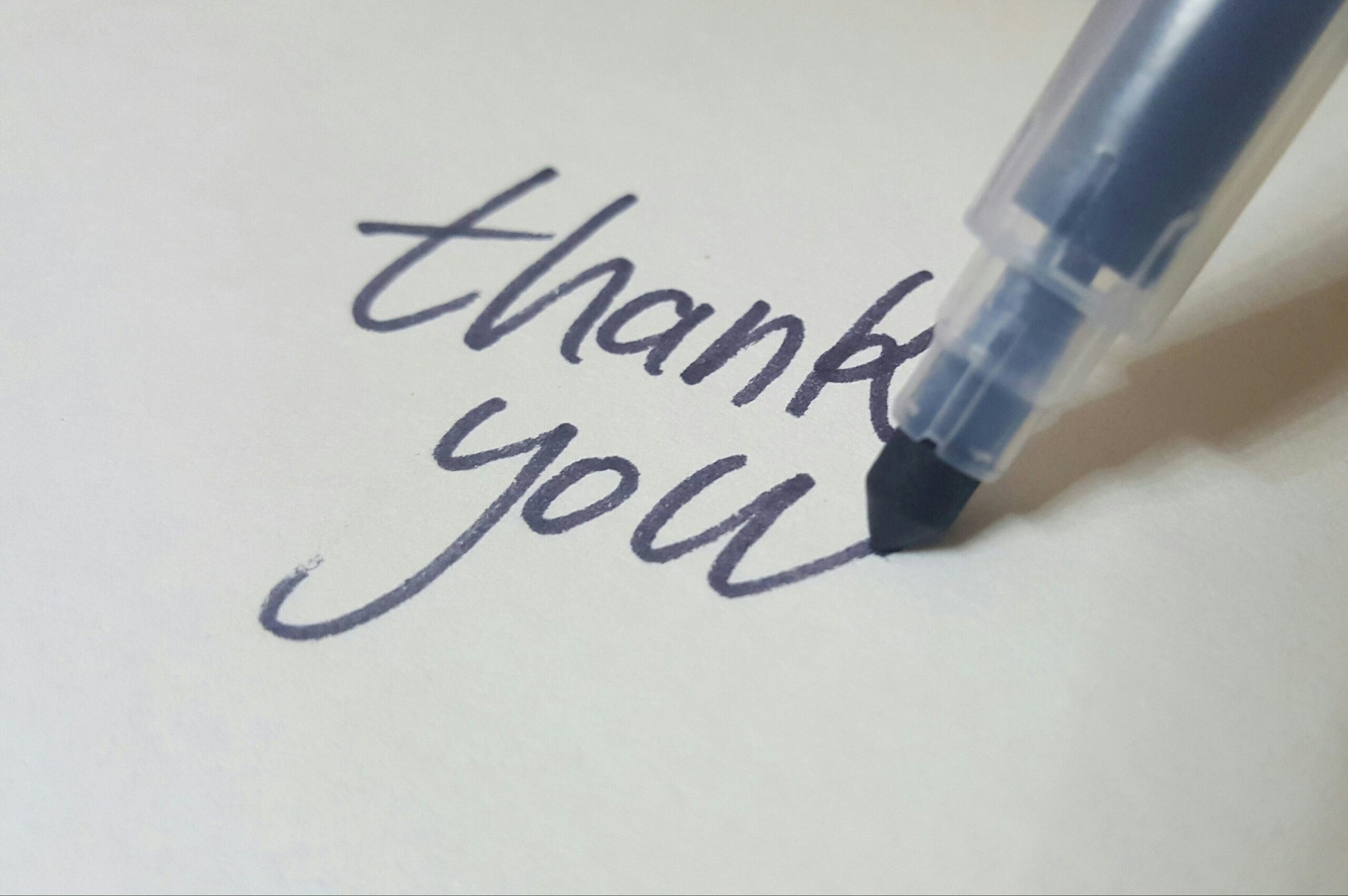As a career counselor, one of the most valuable services I provide is guiding clients through interview preparation. Interviews often play a pivotal role in shaping the outcome of a job opportunity. While many people focus on resumes and applications, it’s the interview that ultimately determines whether an offer is made.
In this post, I’ll walk you step by step through the structured process I use with clients. My goal is always to provide them with both practical tools and confidence-building strategies that allow them to succeed. Even though this is a structured process, it is still very flexible and tailored differently to every client. For example, a client may have a lot of knowledge or practice in developing career narratives but have a difficult time reading and understanding the interviewers’ and their own non-verbal cues. We would spend a little or no time on career narrative development but a good amount of time on non-verbal communication education and techniques.
-
1. Self-Awareness
Before practicing actual interview questions and answers, I help my clients build a strong foundation of self-knowledge. Employers want clarity, and it’s difficult to communicate confidently if you’re uncertain about who you are as a person.
- Assessments: This promotes self-awareness by providing structured insights into an individual’s skills, values, and interests.
- Skills inventory: We list both hard skills (technical knowledge, certifications, tools) and soft skills (communication, leadership, adaptability).
- Strengths and achievements: I ask clients to identify moments they felt proud at work or times they overcame challenges. These become stories and career narratives for the interview.
- Career goals: Interviews are forward-looking, so we clarify both short-term and long-term goals.
- Values alignment: I encourage clients to reflect on what matters most – growth, work-life balance, meaningful work, etc. So they can assess fit, not just readiness. Assessments, activities and thought provoking questions in session can help uncover and surprise clients what is most important to them.
-
2. Research Skills
A crucial part of preparation is learning how to research the company and the role.Interviewers and employers can tell when candidates have done their homework.It makes a big difference when an employer can see how organized, analytical, and passionate someone is about the company and their next career move. With my employer consulting work, I hear about the importance of this on a regular basis..
- Break down the job description, mapping their skills directly to requirements.
- Study the company mission and values so the client can frame answers in alignment.
- Review recent news and initiatives, which can demonstrate real engagement.
- Learn about interviewers – if appropriate.
-
3. Career Narratives and Story Telling
 A lot of interviewers like to hear about how everything connects together in a unique way – not a bullet point list. Employers remember examples and stories and can imagine how the candidate will have a positive impact on their organization..
A lot of interviewers like to hear about how everything connects together in a unique way – not a bullet point list. Employers remember examples and stories and can imagine how the candidate will have a positive impact on their organization..I help clients create a list of career narratives that they can adapt for different questions. Most of the time we use the STAR method (Situation, Task, Action, Result) to organize stories and to make sure they can answer the interview questions fully.
Examples of narratives could be:
- Demonstrating strong leadership and explaining the impact the client had.
- Describing a decision-making process on a major project the client completed.
- Telling about a situation in which the client had to use their communication skills to deliver complex information to different audiences. How did the client measure if their communication was effective?
-
4. Practicing Interview Questions
Once strong career narratives are created and organized, we start delving into rehearsing the common interview questions that come up typically in an interview. I role-play with clients and then provide targeted feedback. For example, if a client gives an answer that is too vague, I help them add details. If they give an answer that’s too long, I coach them to shorten it.
The general question categories are broken down into:
- General openers: “Tell me about yourself.”
- Strengths and weaknesses: “What are your top strengths?” “Would co-workers agree with you?”
- Motivational questions: “Why do you want this position?”
- Difficult ones: “What has been the biggest failure of your career?”
- Behavioral questions: “Describe a time you disagreed with a boss or supervisor?”
-
5. Nonverbal Communication
An interview isn’t only shaped by the words spoken, but by the tone, presence, and manner in which they are expressed. Clients and I will discuss approaches on:

- Facial expression: Smiling appropriately to convey interest.
- Tone and pace: Speaking clearly without speeding through answers.
- Eye contact: Maintaining steady but natural connection.
- Posture: Sitting upright, leaning in slightly to show engagement.
- Virtual presence: For video calls, testing out if lighting, sound, and camera angle are professional.
-
6. Preparing Client Questions
I often explain to clients that when an interviewer asks, ‘Do you have any questions for us?’ should never be skipped; it’s an intentional opportunity to show curiosity, confidence, and engagement. I also remind clients – you are interviewing them as much as they are interviewing you. You want to make sure this role and work environment is a great fit.
Typical preparation questions can look like this:
- What is the communication style between colleagues?
- If a project starts missing deadlines, how does the team and individual contributors tend to handle that?
- How active is succession planning in this organization? Could you please share the most recent example?
- What do you expect out of this position in the first month to be successful?
-
7. Mock Interviews
It’s a great place to start putting the first six steps together. I find that mock interviews are one of the most helpful ways to prepare – giving clients a safe space to practice and build confidence before the real thing. Sometimes clients and I will go through multiple rounds, increasing the difficulty and utilizing more tailored feedback with each session, so clients can build resilience and adaptability.
Mock sessions consist of:
- Asking a structured set of questions.
- Providing input immediately after client answers. (Unless the client wants the mock interview to have a more realistic feel and I will provide input during a follow-up review session).
- Highlight general strength and growth areas.
- Assist clients with refining answers until the client feels it is flowing more naturally.
-
8. Different Interview Formats
Interviews take many forms today, so I review several different formats with clients.
I offer flexibility for clients who prefer to concentrate on a single interview format, whether it’s guided by industry standards, employer requests, or their own sense of what will be most helpful.

- Panel interviews – Strategies for engaging multiple interviewers equally.
- Phone interviews – Focus on voice clarity and energy.
- Technical or case interviews – Problem-solving aloud to demonstrate their thought process.
- Video interviews – Looking at the camera, managing lighting, and minimizing distractions.
- Behavioral interviews – Utilizing career narratives.
-
9. Post-Interview Strategies
Preparation continues after the interview with the importance of professional follow-up. These steps below position clients as thoughtful, professional candidates who stand out.

- Reflecting on interview performance: What went well? What can improve?
- Sending thank-you notes that are specific and personalized.
- Managing waiting periods without losing confidence.
- Preparing for negotiations in case an offer is made.
As a career counselor, I see interview preparation as one of the most impactful career development investments my clients can make. The process is structured, educational, and transformative. From building self-awareness to mastering career narratives, refining nonverbal communication, and increasing confidence, I collaborate with my clients’ step by step. By the time they sit down for an interview, they’re not just answering questions – they’re presenting their authentic selves with clarity and self-assurance.
And that’s what interview success is about: not trying to be someone you’re not, but learning how to communicate who you are in the strongest possible way.
Do you have an interview coming up and want to prep for it? Please schedule a phone consult to see how we could develop an interview prep plan that fits your specific needs.
If reading this blog post has brought on a lot of anxiety or you have been diagnosed with an anxiety disorder and prepping for an interview, please read this blog post on how I help clients with clinical anxiety prepare for interviews.

Preparing for a Job Interview When You Have Clinical Anxiety
Interviews for a lot of people bring on some level of stress and anxiety in professional life. For individuals who live with clinical anxiety - whether that’s generalized anxiety disorder, panic disorder, or social anxiety, the challenges of interviewing go far beyond...


